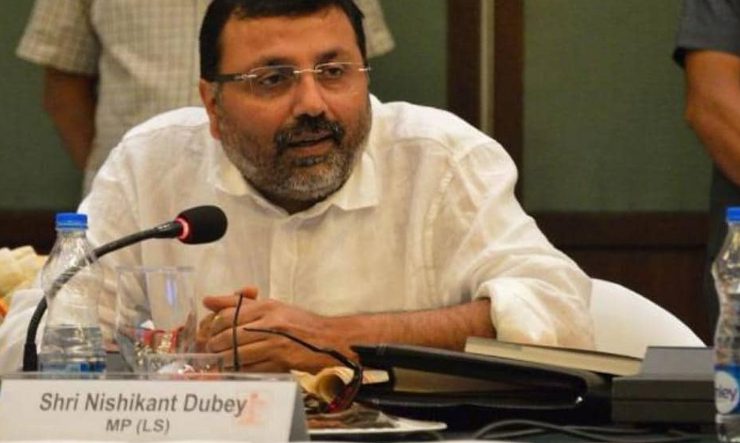- BJP MP claimed cryptocurrency was being used to launder money and pay bribes.
- The proposed amendments prevent the deduction of expenditures in calculating the income from transfers of these Virtual Digital Assets (VDAs).
- As a result, critics have criticized the move, calling it ‘regressive.’
Earlier today, Bharat Janata Party member Nishikant Dubey spoke out about digital currency used for money laundering and drug trafficking.
Additionally, he notes that the Reserve Bank of India and the government are concerned about the amount of money invested in cryptocurrencies.
According to the MP, cryptocurrencies are “troubling” the entire world.
He praised the government for its efforts to launch a central bank digital currency (CBDC) despite his hawkish attitude toward private cryptocurrencies such as Bitcoin. India will become one of the first countries in the world to introduce a digital rupee in early 2023.
In addition, the country’s parliament has just approved a controversial tax proposal that would impose a 30% levy on cryptocurrency gains. Because it is impossible to take deductions for losses, the initiative caused a severe backlash in the local cryptocurrency industry.
The government has rejected the industry’s suggestions for amending the draconian tax legislation, and disgruntled investors are now considering taking the case to the nation’s Supreme Court. The government, however, received praise from Dubey for the policy it has taken on cryptocurrency taxes.
T V. Somanathan, India’s finance secretary, told that last month that Bitcoin, Ethereum, and other private cryptocurrencies will not become legal tender in India.
Many believed that the tax legislation would lend legitimacy to the embattled cryptocurrency industry of the country. Moreover, Somanathan has recently stated that a complete cryptocurrency ban remains possible.
Though the Indian government has yet to introduce its cryptocurrency bill, some industry experts argue it should be postponed several times because the legislation is complex.










Comments (No)